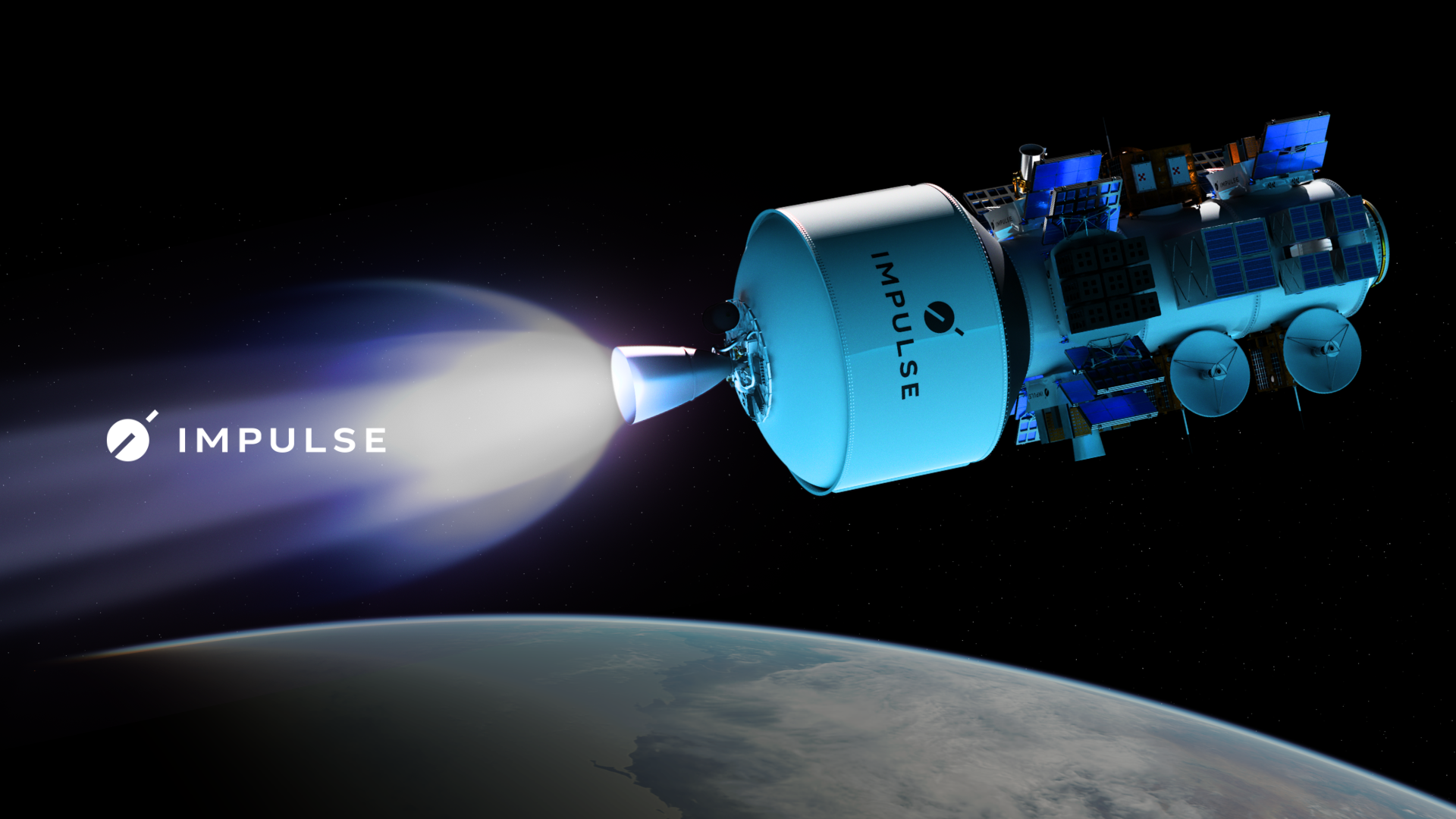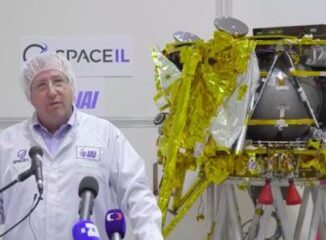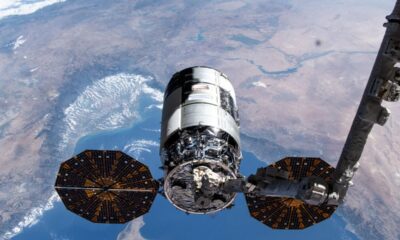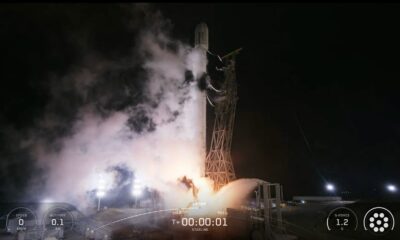Science
Impulse Space Launches Annual GEO Rideshare Program Amid Strong Demand

Impulse Space has announced plans for an annual series of rideshare missions to geostationary orbit (GEO), driven by strong demand for their services. Following the initial announcement at the Small Satellite Conference last year, the company confirmed that the interest in their rideshare program was substantial enough to move forward with a structured schedule. This development reflects the growing number of “microGEO” spacecraft, which weigh one ton or less, that are currently in the pipeline.
Caravan Program Details and Launch Schedule
The GEO rideshare initiative, named Caravan, will utilize Impulse Space’s Helios orbital transfer vehicle, which is still under development. The company plans to conduct an annual series of dedicated launches using the Falcon 9 rocket, with the first mission, Caravan 1, set for the third quarter of 2026 and already fully booked. Subsequent missions, Caravan 2 and Caravan 3, are scheduled for 2027 and 2028, respectively.
According to Joshua Rea, director of commercial sales at Impulse Space, the initial assessment of the GEO rideshare market has proven accurate. “Twelve months on, there’s a real market need,” he stated during a presentation at the Small Satellite Conference held in Salt Lake City.
The Helios vehicle is designed to execute a rapid transfer from low Earth orbit to GEO. After payload deployment, Helios will perform a burn that places it into a geostationary transfer orbit, followed by a second burn approximately six hours later to circularize the orbit just above GEO. Payload deployment occurs eight hours post-launch, with deployments at around 500 kilometers above GEO, allowing satellites to drift into their designated slots.
Commitment to Space Safety and Market Compatibility
Impulse Space emphasizes its commitment to responsible operations. After deploying payloads, Helios will be moved to a higher graveyard orbit and passivated, addressing potential space safety concerns related to GEO satellite deployments. “It’s important for us to be a responsible operator,” Rea remarked.
The Caravan program is designed to mirror the successful rideshare missions of SpaceX for satellites going to low Earth orbit (LEO). Rea noted that spacecraft designed for SpaceX’s rideshare program are likely to be compatible with Impulse Space’s offerings, enhancing market accessibility.
Each Caravan mission will accommodate up to four tons of payload, with a standard dispenser plate supporting up to 300 kilograms and an extended capacity plate allowing for payloads weighing as much as 1,400 kilograms. Impulse Space anticipates a timeline of 18 to 24 months from contract signing to the launch of a customer’s payload.
While Rea mentioned that Impulse offers “very clear and transparent” pricing based on payload mass, specific price points were not disclosed. He asserted that the competitive pricing for direct GEO access would be hard to surpass within the market.
The launch of the Caravan program highlights not only the increasing demand for GEO rideshare opportunities but also the proactive approach of Impulse Space in addressing evolving needs within the space industry.
-

 Technology4 months ago
Technology4 months agoDiscover the Top 10 Calorie Counting Apps of 2025
-

 Health2 months ago
Health2 months agoBella Hadid Shares Health Update After Treatment for Lyme Disease
-

 Health3 months ago
Health3 months agoErin Bates Shares Recovery Update Following Sepsis Complications
-

 Technology3 weeks ago
Technology3 weeks agoDiscover 2025’s Top GPUs for Exceptional 4K Gaming Performance
-

 Technology2 months ago
Technology2 months agoElectric Moto Influencer Surronster Arrested in Tijuana
-

 Technology4 months ago
Technology4 months agoDiscover How to Reverse Image Search Using ChatGPT Effortlessly
-

 Technology4 months ago
Technology4 months agoMeta Initiates $60B AI Data Center Expansion, Starting in Ohio
-

 Technology4 months ago
Technology4 months agoRecovering a Suspended TikTok Account: A Step-by-Step Guide
-

 Health4 months ago
Health4 months agoTested: Rab Firewall Mountain Jacket Survives Harsh Conditions
-

 Lifestyle4 months ago
Lifestyle4 months agoBelton Family Reunites After Daughter Survives Hill Country Floods
-

 Technology3 months ago
Technology3 months agoUncovering the Top Five Most Challenging Motorcycles to Ride
-

 Technology4 weeks ago
Technology4 weeks agoDiscover the Best Wireless Earbuds for Every Lifestyle




















